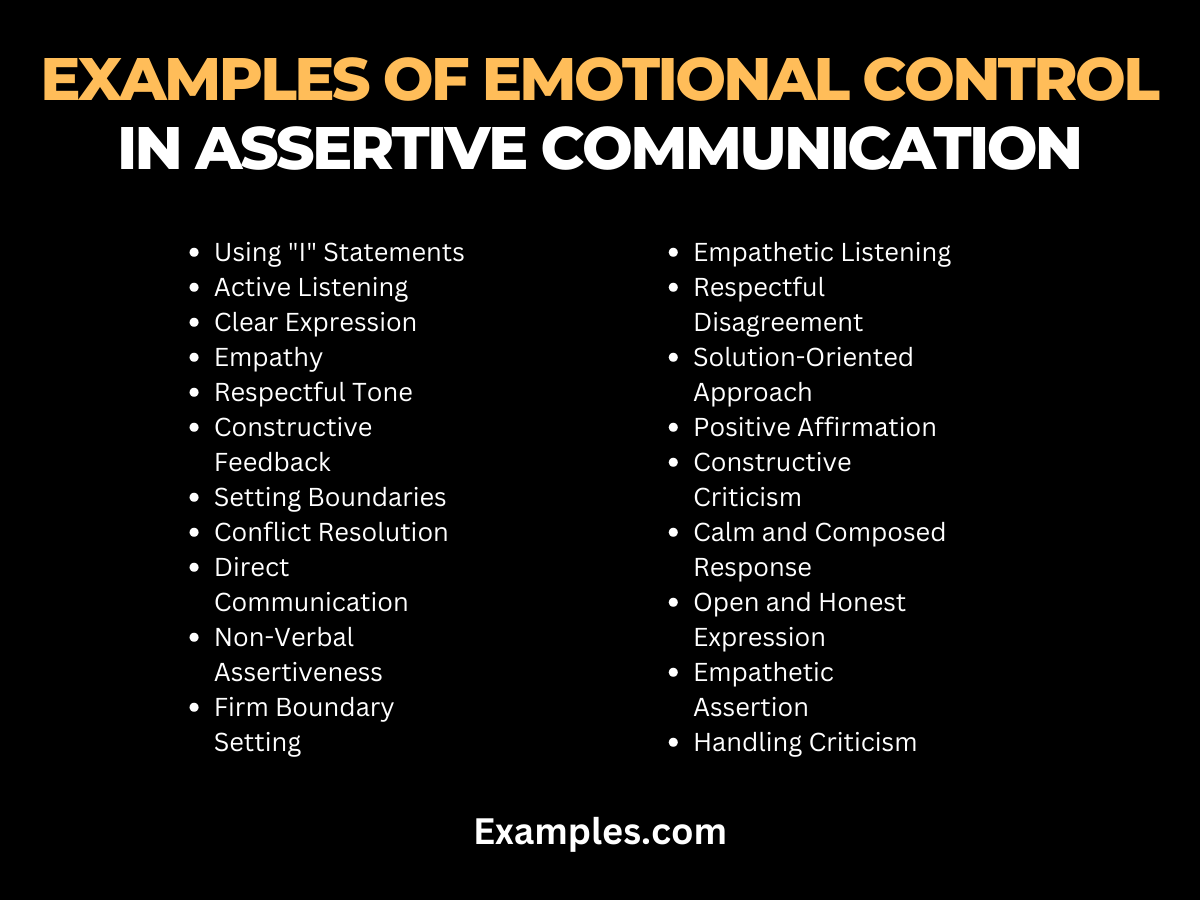Emotional control is a vital ability that significantly influences our overall well-being and capacity to recover. In a world full of constant challenges and pressures, the ability to control our emotions not only supports us handle difficult situations but also cultivates healthier relationships and boosts our judgment capabilities. Whether you are keeping cool under pressure at work, managing anger in healthy ways, or simply getting through a tough day, emotional management is essential in how we experience life.
The science behind emotional regulation shows that our emotional reactions are not just automatic reactions but can be deliberately shaped while refining over time. By becoming aware of our emotional stimuli and creating effective coping strategies, we can foster a sense of stability and clarity. This article will explore proven techniques to enhance emotional control, examine the connection between emotional well-being and mental health, and discuss practical methods that can empower you to develop resilience and thrive amidst life's obstacles.
Established Techniques for Emotional Regulation

Cultivating emotional regulation is crucial for upkeeping mental health and resilience in life. One impactful strategy is mindfulness practice, which can considerably boost emotional control. By paying attention to the present moment and witnessing thoughts and affective states without bias, individuals can establish a gap between their emotions and responses. Techniques such as guided meditation and breathing exercises help stabilize practitioners, enabling them to think before responding rather than react impulsively. Regular mindfulness exercises can lead to increased understanding of emotions and management over time.
An additional effective approach is recognizing emotional triggers and learning how to manage them. This involves identifying specific situations or interactions that trigger strong reactions. Once these stimuli are acknowledged, people can develop coping mechanisms to handle their feelings before they escalate. how to be less reactive at work can include implementing calming techniques or using positive self-dialogue to reframe challenging situations. By foreseeing and preparing for emotional cues, people can manage difficult dialogues and clashes with increased calmness and certainty.
Additionally, building self-awareness through activities like journaling can boost the ability to manage emotions. Recording daily occurrences allows individuals to consider their feelings and recognize trends over time. This increased understanding can lead to improved choices and more effective emotional regulation. By establishing daily practices that emphasize self-assessment and tuning into emotions, individuals can improve their capacity to control emotions during difficult times in individual and professional settings.
This is the Science of Strength and Mental Control
The management of emotions is a vital factor of resilience , enabling persons to handle the challenges with more ease. Studies suggests that the ability to manage emotions efficiently can protect against pressure and enhance overall wellness. When we manage our feelings , we establish a better conducive setting for problem-solving and making decisions , which are essential abilities in tackling challenges. This connection between emotional control and resilience underscores the significance of fostering tactics that foster emotional awareness and management.
Research have shown that people who apply emotion management tend to have better mental wellness. This encompasses lower levels of worry and depression , as well as a stronger sense of general life satisfaction. The neuroscience behind emotion regulation suggests that regions of the brain related to emotional processing , such as the prefrontal cortex , play a key part in our ability to respond to stress. Through participating in activities that support emotion control , such as mindfulness and introspection , we reinforce these neural pathways , which in turn increases our competence to manage difficult situations.
Furthermore , the link between emotional control and resilience is clear in interpersonal relationships. As people have robust emotional regulation skills , they are better equipped to manage disagreements and communicate clearly. This encourages more positive connections and a system of support that can help people bounce back from challenges. While we examine methods to develop resilience , it becomes clear that developing emotional control is not just beneficial for personal growth , but crucial for flourishing in our interactions with others and in our journeys through existence.
Practical Methods for Instant Calm
As faced with stressful situations, implementing immediate techniques can substantially help in reclaiming emotional control. A effective method is the art of deep breathing. By engaging in slow, measured breaths, you can lower your heart rate and reduce anxiety. Inhale deeply through your nose, allowing your abdomen to inflate, then exhale carefully through your mouth. This straightforward but impactful technique can ground you and create a moment of quietude amidst chaos.
A different technique is using the 5-4-3-2-1 grounding exercise. This approach involves noting five things you can see, four things you can touch, three sounds you can hear, two things you can smell, and one thing you can taste. Engaging your senses helps change your focus away from overpowering emotions and brings your awareness back to the immediate moment. This practice can be especially beneficial in high-pressure environments, allowing you to adjust your emotional state.
Integrating mindfulness practices, such as quick meditation or visualization, can also foster prompt calm. Even a couple minutes of closing your eyes and picturing a tranquil landscape can create a shield against emotional distress. Regular practice of mindfulness not only aids in current situations but also cultivates long-term resilience by enhancing your overall emotional regulation abilities. These techniques, when practiced consistently, can empower you to handle life's challenges with greater composure and clarity.
